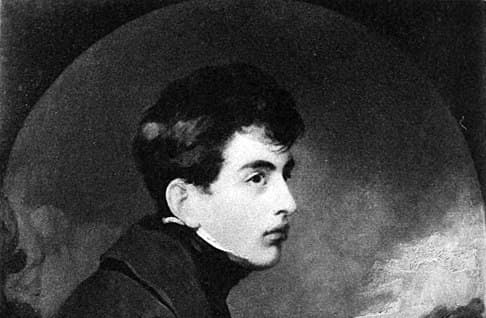
Clintons To Be Deposed in Hometown of Chappaqua Rather Than on Capitol Hill
By MATTHEW RICE
|A 1918 Sun editorial about Ukraine mentions Mazepa as a hero of Ukrainian independence from Russia and references Byron’s poem.

Already have a subscription? Sign in to continue reading

By MATTHEW RICE
|
By MATTHEW RICE
|
By TOM TEODORCZUK
|$0.01/day for 60 days
Cancel anytime
By continuing you agree to our Privacy Policy and Terms of Service.